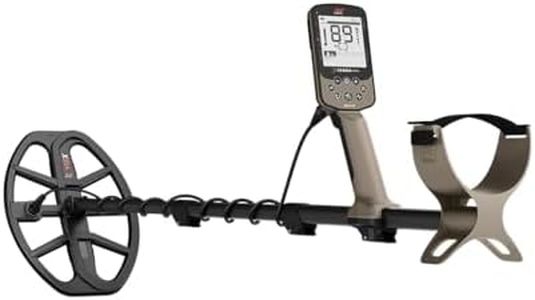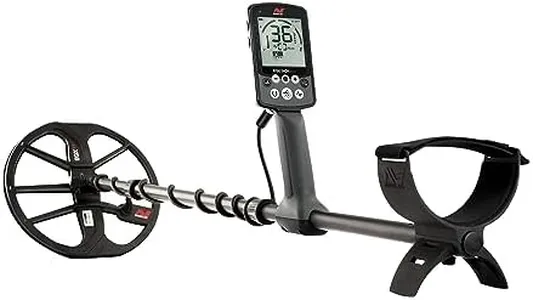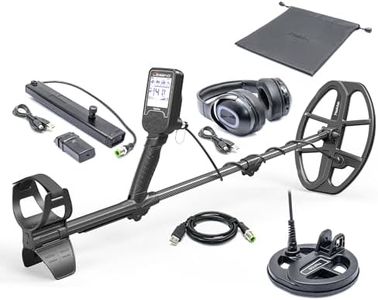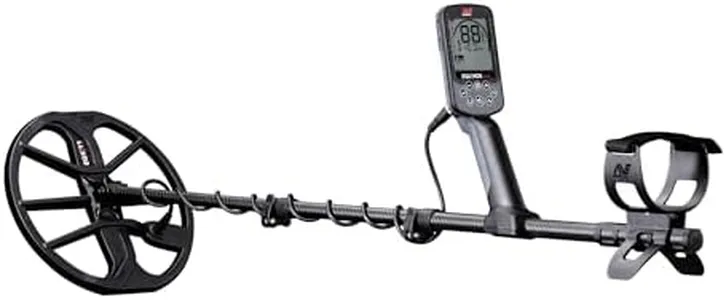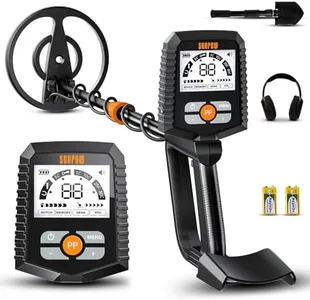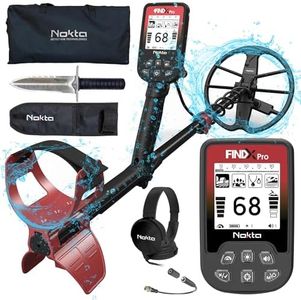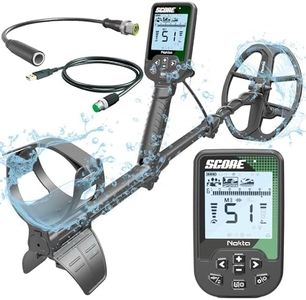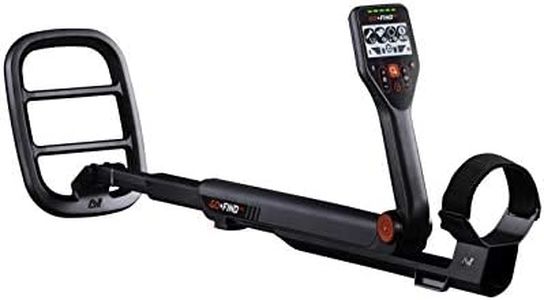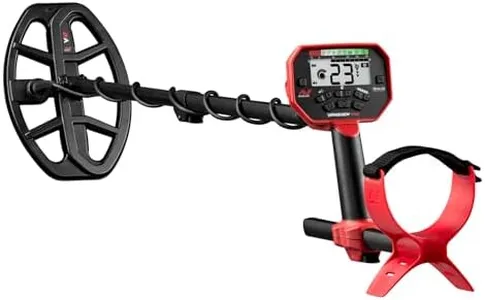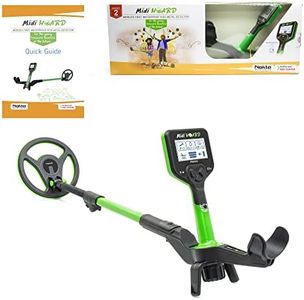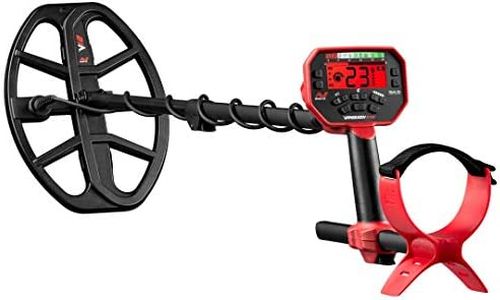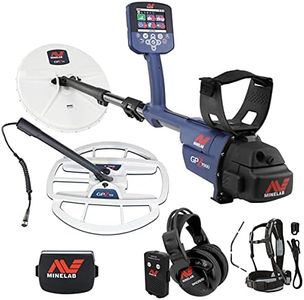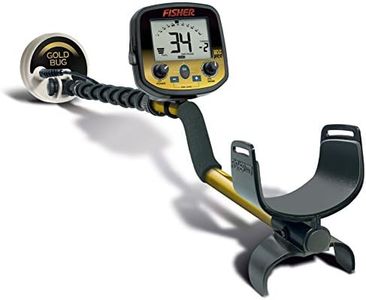We Use CookiesWe use cookies to enhance the security, performance,
functionality and for analytical and promotional activities. By continuing to browse this site you
are agreeing to our privacy policy
10 Best Gold Metal Detectors
From leading brands and best sellers available on the web.By clicking on a link to a third party's website, log data is shared with that third party.
Buying Guide for the Best Gold Metal Detectors
Choosing the right gold metal detector can feel overwhelming, given the range of features and models available. To pick the best one for your needs, it's important to understand the key specifications and how they relate to what you're hoping to find and where you plan to search. Your choice should be based on your experience level, the type of terrain you'll be detecting in, and the size and depth of gold pieces you're targeting. By learning what matters most in each specification, you'll be able to make a choice that fits your style and maximizes your chances of success.Operating FrequencyOperating frequency refers to how many times per second the metal detector sends an electromagnetic signal into the ground. This is important because different frequencies are better for finding different types of metals and sizes of nuggets. Higher frequencies (above 15 kHz) are more sensitive to small gold pieces but are influenced more by mineralized soils; lower frequencies (below 10 kHz) go deeper and are better for larger objects but can miss tiny gold. If you plan to search for small gold nuggets, especially in shallow or mineralized soil, look for a detector with higher operating frequency. For deeper or larger gold targets in less mineralized ground, a lower frequency might suit you better. Consider what kind of gold you want to find to guide your frequency choice.
Ground BalancingGround balancing is a feature that helps your detector ignore the natural minerals in soil, which is critical for gold prospecting since gold-bearing grounds are often highly mineralized. There are generally three types: manual, automatic, and fixed. Manual ground balancing requires you to adjust the settings yourself, which can be more accurate but takes practice. Automatic ground balancing adjusts itself as you move, making it user-friendly for beginners. Fixed ground balancing can't be changed, which limits its effectiveness in varied terrains. If you prospect in areas with lots of soil changes or minerals, a detector with either manual or automatic ground balancing will help you find gold without being distracted by false signals.
DiscriminationDiscrimination is the detector's ability to distinguish between gold and other metal objects, like iron or aluminum. This is important because it helps you avoid digging up trash. Some detectors offer adjustable discrimination so you can fine-tune what metals you want to find, while others have preset modes. If you hunt in areas with a lot of junk, adjustable discrimination will save you time and effort. If you mostly detect in cleaner, remote areas, less need for discrimination exists.
Coil Size and TypeThe coil is the part of the detector that scans the ground. Coil size affects both depth and sensitivity—a larger coil can detect deeper objects, while a smaller coil is more sensitive to tiny gold pieces and easier to maneuver in tight areas. Coils also come as concentric or double-D (DD); concentric coils are good in low mineral soils, while DD coils handle mineralized ground better and cover more area per sweep. If you expect to search for large, deep gold pieces in open fields, a larger coil is helpful. For small gold or rough terrain, a smaller coil is better. Choose DD coils for mineral-rich areas.
Weight and ErgonomicsWeight and ergonomics refer to how heavy and comfortable the metal detector is to use for extended periods. Heavy detectors can be tiring, especially if you plan long sessions or cover large areas. Adjustable shafts, padded armrests, and well-balanced design make a detector easier to carry and operate. If you plan to hunt for gold all day or move around a lot, a lightweight, ergonomic model will keep you comfortable and help you cover more ground.
Waterproof CapabilitiesWaterproof capabilities describe whether the coil or the whole detector can be used in wet conditions, like streams or shallow rivers, which are common places to find gold. Some detectors have only waterproof coils, while others are fully submersible. If you plan to search in and around water, a waterproof or water-resistant detector will be essential to access all types of gold-bearing locations.
